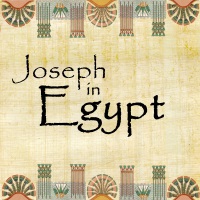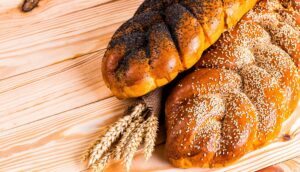Name: Miketz
Reading: Genesis 41:1 – 44:17
Haftarah: Zechariah 2:14 – 4:7
Parsha Summary – Miketz
Pharoah’s Dreams
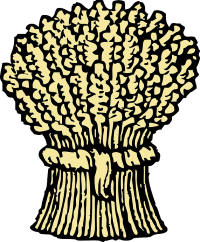 Two years after Joseph interprets the dreams of Pharoah’s butler and baker, the King of Egypt dreams that he is standing by a river. Seven healthy, fat cows come out of the water to eat the reeds. Seven skinny, sickly cows come out of the river and eat the healthy cows. Pharoah wakes up.
Two years after Joseph interprets the dreams of Pharoah’s butler and baker, the King of Egypt dreams that he is standing by a river. Seven healthy, fat cows come out of the water to eat the reeds. Seven skinny, sickly cows come out of the river and eat the healthy cows. Pharoah wakes up.
He sleeps and dreams again: seven healthy, good sheaves of corn arise, followed by seven thin, windblown sheaves. The thin sheaves swallow the healthy, full sheaves. Pharoah wakes up and realizes that he was dreaming. None of his servants can interpret the dreams, but the butler remembers his dreams in prison and that Joseph could interpret them.
Joseph Interprets Pharoah’s Dreams
Joseph accredits his ability to interpret dreams to God, and Pharoah recounts his dreams to Joseph. He says that the seven healthy cows and sheaves represent seven prosperous years, and that the seven unhealthy cows and sheaves represent seven years of famine. He says that Egypt will experience seven years of plenty, but they will be followed by seven years of heavy famine which will consume the land. Joseph finishes by saying that the repeated dreams mean that those 14 years will start soon.
Joseph advises Pharoah to appoint a discreet advisor to oversee the retention of a fifth of Egypt’s produce during the plentiful years and to build a store of grains ready for the famine. Pharoah appoints Joseph and says that only he himself will be of higher rank than him.
Joseph in Egypt
Pharoah gives Joseph his signet ring, changes his name to “Zaphenath-Paneah”, and marries him to a prestigious woman, Asenath, daughter of Poti-Phera, the priest of On. Joseph travels around Egypt storing food in every city: there is so much corn, they lose count of how much has been stored. Joseph and Asenath have two sons, Menashe and Efraim. After the years of plenty, famine hits. Pharoah orders Joseph to open the storehouses for the hungry Egyptians, and people from all over the world come to Egypt to buy grain.
The Brothers Come to Egypt
Famine hits Canaan and Jacob realizes that there is grain in Egypt. He sends 10 of his sons to buy grain but keeps Benjamin home.
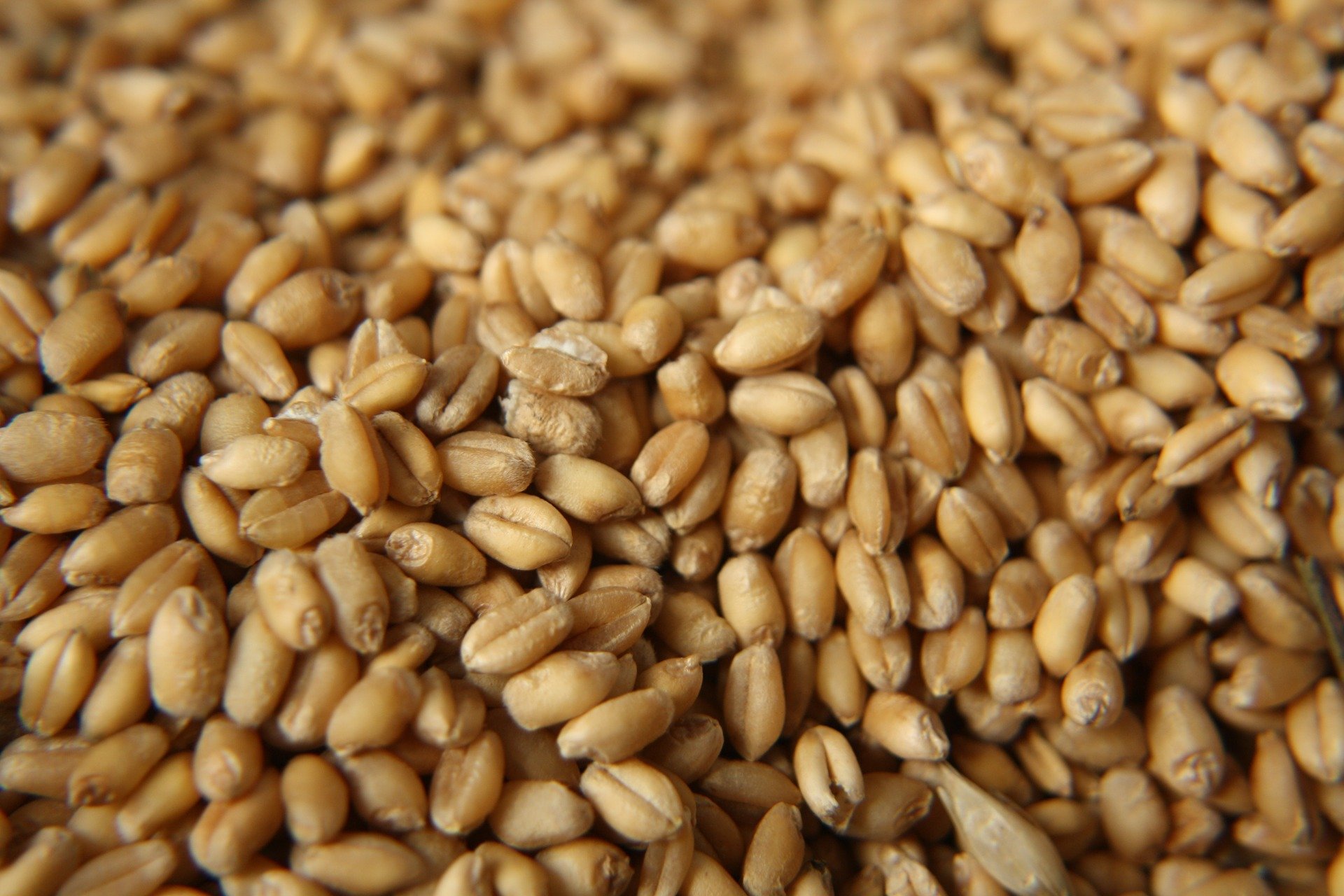 Joseph is the governor of Egypt and oversees the grain sales. His brothers arrive and he recognizes them but makes himself seem like an unfriendly stranger. He accuses them of being spies. They argue their innocence and say that they are 12 brothers, one of whom remains in Canaan with their father and another who is not with them. Joseph jails them for three days, then orders one brother remain with him while the rest return to Canaan to bring their youngest brother to him.
Joseph is the governor of Egypt and oversees the grain sales. His brothers arrive and he recognizes them but makes himself seem like an unfriendly stranger. He accuses them of being spies. They argue their innocence and say that they are 12 brothers, one of whom remains in Canaan with their father and another who is not with them. Joseph jails them for three days, then orders one brother remain with him while the rest return to Canaan to bring their youngest brother to him.
Joseph keeps Simeon back as collateral. He orders his workers to fill their sacks with grain, return their money to their sacks, and give them provisions for the journey. They arrive home and tell Jacob about their conversation with Joseph; they tell Jacob that they have to take Benjamin back to Egypt with them to get Simeon back. Jacob says no.
The Brothers Go Back to Egypt
The famine intensifies, and Jacob and his sons finish the corn they had brought back from Egypt the first time. He tells them to go back and buy more food; Judah tells him that they cannot return without Benjamin. Jacob tells them to take a gift to the Egyptian, and double the money they previously paid.
The brothers go back to Egypt and stand before Joseph. Joseph recognizes Benjamin and tells his steward to prepare meat for the men to eat lunch with him. They tell him that they found money in their sacks when they left Egypt previously. Joseph’s steward reassures them and brings Simeon to his brothers. They give Joseph the gift they brought him and he asks after their father. They sit down to eat.
Benjamin and the Silver Cup
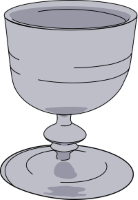 Joseph commands his steward to fill the brothers’ sacks with food, return their money to the mouth of each sack, and to hide a silver goblet in Benjamin’s sack. The steward sends the brothers on their way, then, on Joseph’s instructions, chases after them. He accuses them of stealing from Joseph and says that whoever the cup is found with will die. It’s found in Benjamin’s cloth, and Joseph says that the other brothers are free to go, but that Benjamin must remain behind.
Joseph commands his steward to fill the brothers’ sacks with food, return their money to the mouth of each sack, and to hide a silver goblet in Benjamin’s sack. The steward sends the brothers on their way, then, on Joseph’s instructions, chases after them. He accuses them of stealing from Joseph and says that whoever the cup is found with will die. It’s found in Benjamin’s cloth, and Joseph says that the other brothers are free to go, but that Benjamin must remain behind.
Torah Takeaway
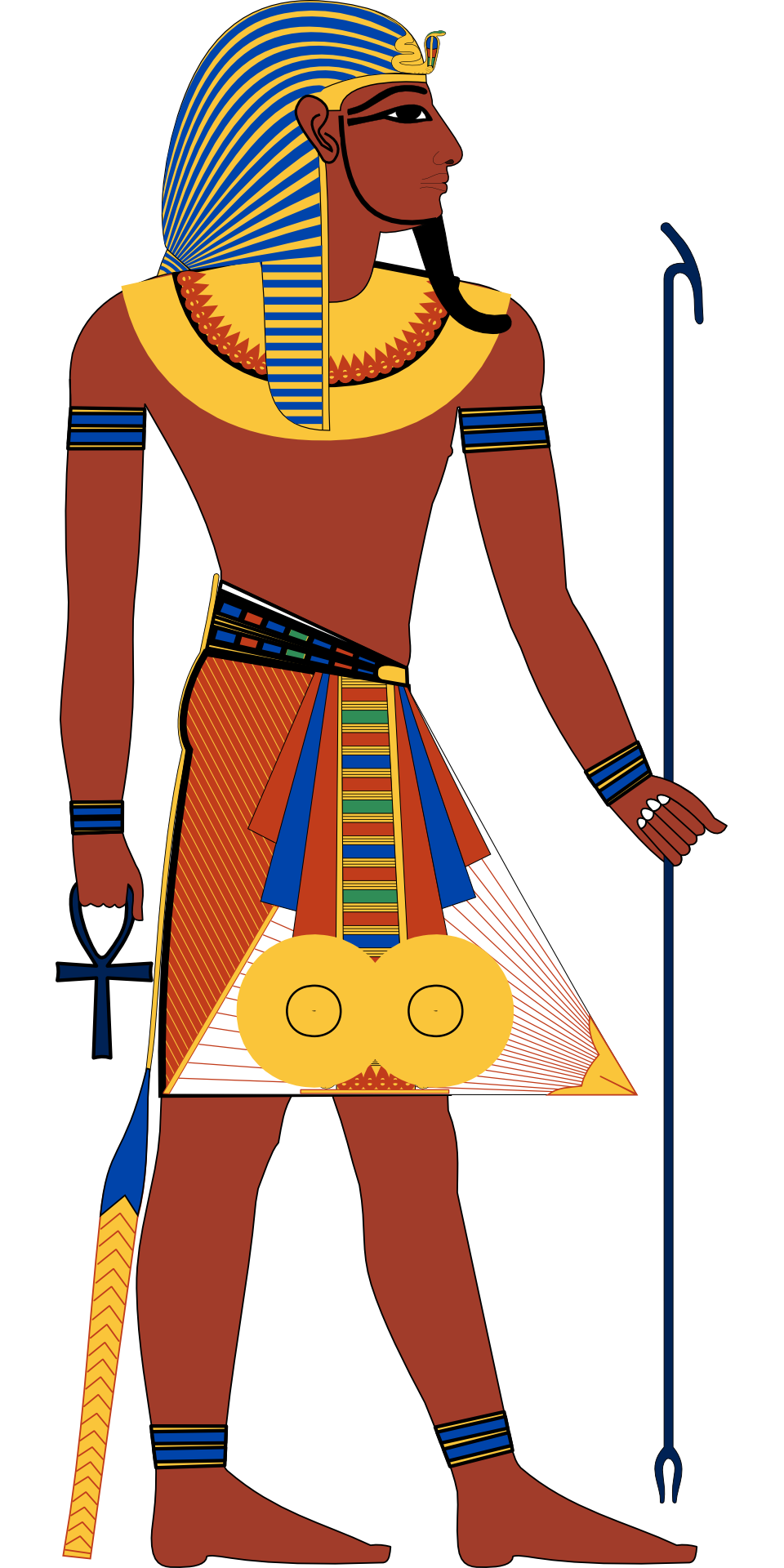 This loaded Torah portion climaxes with the supposedly shocking discovery of Joseph’s silver cup in Benjamin’s sack of grain. Except it’s not all that shocking: Joseph tells his steward where to hide his silver cup, when to chase after the brothers, and what to say to them (this is all in the beginning of Genesis 44).
This loaded Torah portion climaxes with the supposedly shocking discovery of Joseph’s silver cup in Benjamin’s sack of grain. Except it’s not all that shocking: Joseph tells his steward where to hide his silver cup, when to chase after the brothers, and what to say to them (this is all in the beginning of Genesis 44).
At a first glance, this seems utterly bizarre. Joseph presides over an enormous, wealthy economy. His prestige grows with Egypt’s: he is providing sustenance to the people and the world. He is so powerful that only word sent from Pharoah himself ranks higher. So why did one of the ancient world’s most powerful men feel the need to play mind games with these hungry Canaanite shepherds?
The answer lies in last week’s Torah reading. Joseph, beloved by his father but despised by his brothers, was thrown into a dry desert pit, then hauled out and sold into slavery by his own flesh and blood. The now powerful Egyptian ruler has every right to mistrust and even hate his brothers.
But why the setup and rigmarole? He could have left the brothers in the care of a worker instead of dealing with them himself, or had them removed from his new country, or simply refuse to sell them food and in that way, condemn them to the fate they chose for him when they threw him into the well.
Instead, Joseph chooses the elaborate plot described above. Knowing that Jacob has protectively ordered that special care is taken of Benjamin, he devises a situation in which the precious youngest son will be forced to remain in Egyptian custody. This seems to put the brothers into an impossible situation… but that’s the point.
Despite the adversity Joseph has faced at his brothers’ hands, he is not being malicious or vindictive. Instead, he is testing them: he wants to see if these men are still capable of throwing a seventeen-year-old boy to a certain death in a waterless hole or condemning a child to a life of foreign slavery. He creates a precarious situation in which the brothers will be forced to choose – to either save their young brother by an act of self-sacrifice, or leave him to his fate and escape with their lives.
We’ll find out in next week’s Torah portion whether or not Joseph’s brothers pass the test.
